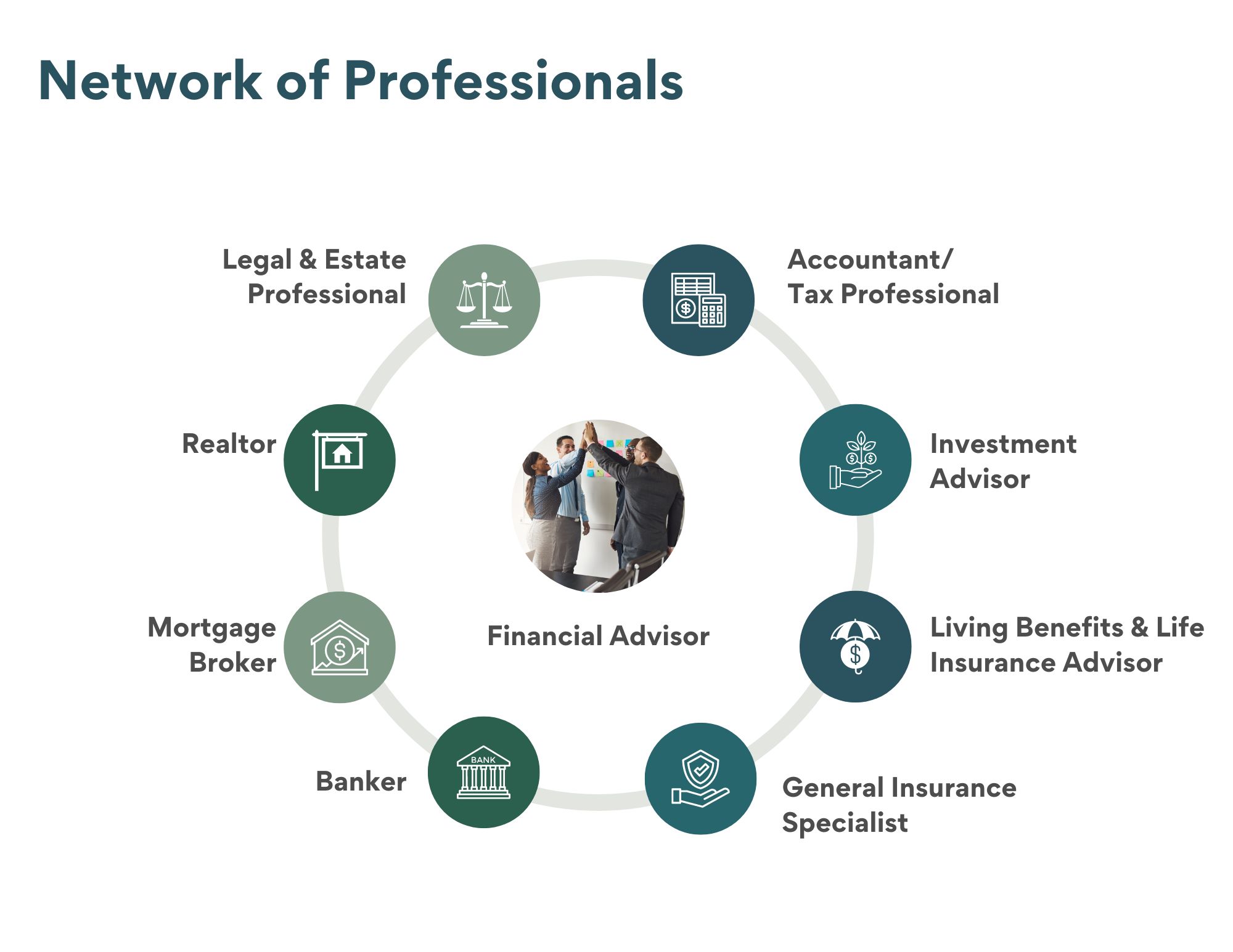What is disability insurance?
If you cannot work because you are seriously injured or ill, disability insurance will provide you with a monthly, tax-free income to help replace your lost wages. An injury does not have to be as blatant as a broken leg or arm – suffering from chronic pain or dealing with mental health issues can also qualify you for a disability insurance payout.
Why do I need disability insurance?
Unfortunately, people become disabled – whether temporarily or permanently – quite often. In 2017, over 20 percent of Canadians had one or more disabilities.
If you’re disabled, you may lose one of your most valuable assets – your ability to work and bring in a paycheck. Disability insurance can help replace that paycheck for as long as you need it to. Being able to rely on a disability insurance payout means you won’t have to dip into your savings if anything happens to you.
Disability insurance is especially important if you are self-employed, particularly if you are the family’s sole income earner.
What if I already have disability insurance through work?
If you have disability insurance through work, that’s great – but it may not replace 100 percent of your paycheck, especially if you’re off work for a long time. If you purchase private disability insurance, you can:
- Choose how much coverage you want.
- Adjust your coverage as needed.
- Not have to worry if you leave your employer – you won’t lose your disability insurance coverage.
Having private disability insurance will give you peace of mind that you either have additional coverage if you are employed and at least some disability coverage if you lose your job.
How does disability insurance work?
We’d be happy to answer any questions you have about disability insurance. There are five main steps to disability insurance:
- Determine the amount of coverage you want. The higher your salary, the more coverage you should get.
- Pay your monthly premiums. Factors like your health, your age, and the amount of coverage you have will all impact the cost of your premiums.
- File a claim if you become disabled – we can help you with this.
- Receive your monthly payments once your waiting period has passed – a longer waiting period can lower your premiums, but it does mean you’ll go longer without any income.
- When you are healthy enough to return to work, or your coverage period runs out, you will stop receiving disability insurance payments.
We’re Here To Help
If you’d like to know more about disability insurance – from how much it would cost you to what you can file a claim for – we’re here to help! Give us a call today.




